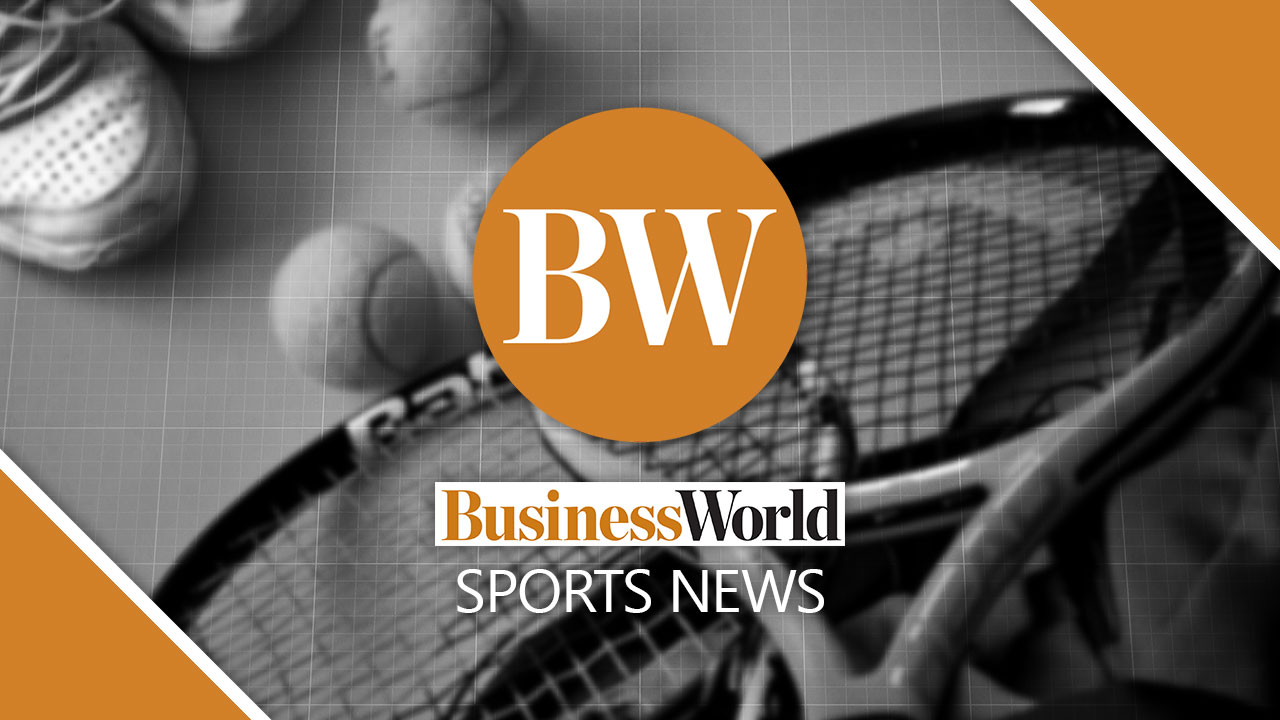
Courtside
By Anthony L. Cuaycong

Rafael Nadal didn’t exactly have the easiest of Australian Open. In fact, it was nothing short of remarkable that he could even be in Melbourne Park for the first Grand Slam event of the year. Considering how much and how often chronic foot issues had sidelined him last season, and how a bout with COVID-19 in the run-up hampered his convalescence, not a few quarters deemed his presence, let alone a victory, an iffy proposition. And yet, when the battlesmoke cleared, he wound up proving yet again that sheer love of the game and unbending will are surefire ingredients to success.
There were, to be sure, not a few scares en route to Nadal’s triumphant return to the top of the sport. His fortnight Down Under was marked with challenges. Matches from the third round on were literally workouts; an extra set with Karen Khachanov, a 16-point, 28-minute tiebreak with Adrian Mannarino, a dramatic set-to with Denis Shapovalov that he said “destroyed” him. And even with a two-day rest, his encounter with Matteo Berrettini in the penultimate contest was no cakewalk. From the outside looking in, it seemed as if the combination of advancing age, susceptibility to injury, relative lack of reps, and the vagaries of the playing surface handicapped his campaign.
If anything, however, Nadal’s ordeal showed that he could continue to lean on his trademark determination to see him through. He was most certainly not favored to claim the championship — not with his immediate past travails, and not with Daniil Medvedev awaiting him in the final. And, indeed, he began as the underdog in his last contest of the fortnight, with a seemingly Sisyphean task before him, a position underscored all the more by his failure to take any of the first two sets. A lesser player would have folded, and he would have had all the right reasons to do so under the circumstances. But not him, and if for no other reason than because he is who he is.
When the battlesmoke cleared, Nadal hoisted the Norman Brookes Challenge Cup high above his head with much-deserved pride. In a long career littered with extraordinary achievements, none was, perhaps, more unexpected than the one that gave him his 21st major title. It placed his weaknesses under a microscope, but, when all was said and done, also shone the spotlight on his singular skills. There’s a reason he’s now ahead of fellow all-time greats Roger Federer and Novak Djokovic in the tally of Grand Slam wins. And with the French Open — which perennially gives him as close to a homecourt advantage as there is in tennis — just around the corner, he’s slated to pad the lead a little but more.
In the aftermath, Nadal chose to delve on the significance of the moment as it pertains to his mortality rather than as validation of his place in the sport’s annals as the best of the best. True, the latter remains a question mark, but there can be no denying he now has a hand on the throne. And all because he simply cannot stop being, well, himself.
Anthony L. Cuaycong has been writing Courtside since BusinessWorld introduced a Sports section in 1994. He is a consultant on strategic planning, operations and Human Resources management, corporate communications, and business development.